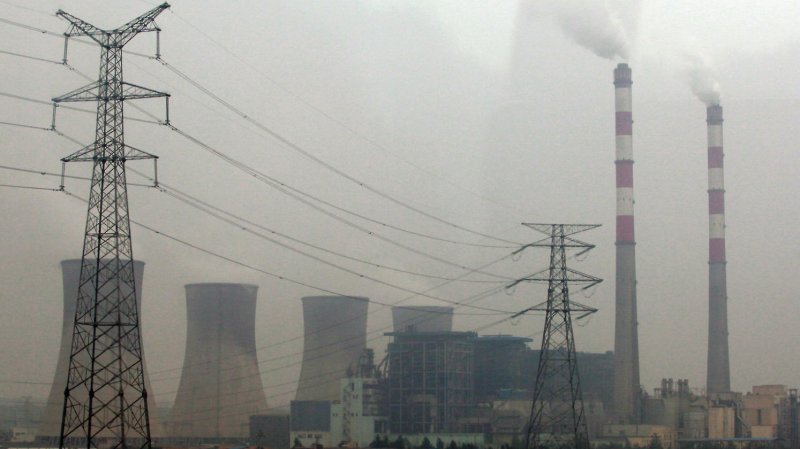WASHINGTON, Dec. 4 (UPI) -- As world leaders discuss climate issues in Doha, a low-carbon group said industrialized nations are putting more money behind fossil fuels than alternatives.
Nearly 200 countries are represented at a U.N.-led climate conference in Doha, Qatar. Delegates are discussing international climate treaties amid reports that warn that status quo in terms of emissions targets may come with dire environmental consequences.















